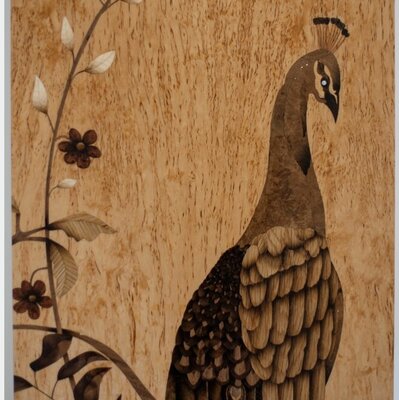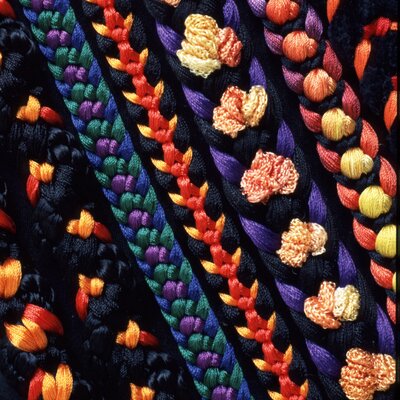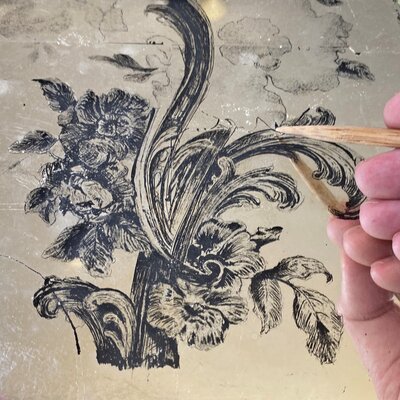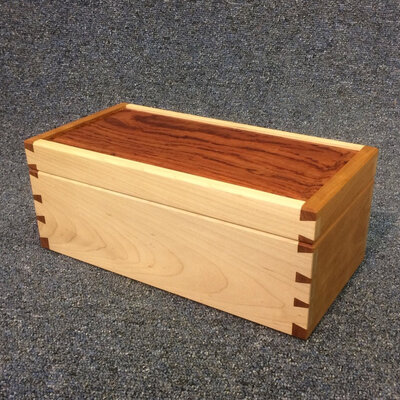This course is intended as a supplementary course to the nine-day Musical Instrument Making course. It aims to offer the opportunity for you to:
- Prepare to make a new instrument on the nine-day course
- Continue or finish (fitting up) an instrument made on a previous nine-day course at West Dean College
Teaching is generally on a one-to-one basis, catering for your individual needs and dictated by ability, previous experience and knowledge. There will be group demonstrations where appropriate. As the course takes place in the main workshop, adjacent to the other courses in this series, you will also gain knowledge by interaction with fellow students and other tutors. Those starting certain instruments have information provided by the tutors. Most instruments require attendance on several courses to complete; this may depend on your skill base and opportunity to continue work at home, so we recommend you discuss this with your tutor prior to the course when they contact you.
Health and safety is discussed as an integral part of the course.
Work can include the following aspects:
1) Starting a viol, viola d'amore or Baroque violin or a beginners instrument
This preparatory course will enable you to make and prepare all the necessary moulds, jigs and templates for the instrument of your choice, following discussion with the tutor.
It also gives you an opportunity to familiarise yourself with the technical drawings and plans of your instrument, in preparation for the nine-day course. If time, you may prepare the timber for the instrument.
The tutor will advise where to obtain materials. Technical drawings and fittings may be supplied by the tutor, if requested. The tutor will telephone or email you directly to discuss specific needs, prior to the course.
2) Finishing your instrument
The course will focus on general discussion and demonstrations of varnishing instruments and final polishing. Fitting bridges, pegs and nuts, setting up the action of the strings and setting the sound-post will also be covered.
You should note that certain aspects of finishing, polishing and varnishing can only be covered in theory, since the facilities used at this time are not suitable for varnishing instruments.
Please note: humidity levels in the workshop are variable to dry; whilst the College has addressed this, some factors are beyond our control, so instruments are brought at your own risk.
What students need to bring
The instrument you wish to complete
Any hand tools you may have or think you may need (marked with your name)
Appropriate workshop clothes and stout covered footwear (not sandals)
As soon as you receive confirmation of your place, please indicate which instrument you wish to work on by emailing: [email protected]
If you are new to the course, please give details of your past experience in instrument making and woodworking. We will pass this information to the tutor, who will contact you to discuss this and the materials required. As the tutor lives in Germany, you are required to purchase your own materials following discussion with her. Alternatively, if you are bringing a part-made instrument, please bring the materials and information relating to this or inform the tutor what you need.
Tools:
Some woodworking tools are provided by the College, including a variety of planes, chisels, drills, etc. However, numbers are limited, so you should ideally bring your own, if you have them, including:
- 300mm steel rule (e.g. Rabone Chesterman)
- ½ round file or rasp (Swiss hand cut is recommended)
- Flat file or rasp
- Fret saw and blades
- 60½ small plane (block plane)
- 4½ smoothing plane
- *Scalpel knife and blades (or violin maker’s knife)
- Clamps – any size (some G and sash clamps are available)
- Gauges and chisels
- Cabinet scrapers – assorted sizes and shapes
- Gentlemen's back saw
- Gluepot (old saucepan)
- Clean jars
- Flat board
- A piece of carpet or cloth to protect work
- Cork tile to line clamping blocks/protect work from clamps
- Needle files – round tapering, half round and flat fine
- Metric ruler (mm)
- A selection of files
- Scalpel knife and blades
- Artist’s brushes – fine nylon flat 1" and 1/2"
- Sandpapers
- Sharpening stones
- Pens/pencils
(* The College Shop may have a few of these items, but please don't rely on it. If you have queries on which tools you need, please ask the tutor.)
Additional information
Please wear appropriate clothing/aprons for the workshop or studio, this includes stout covered footwear (no sandals or open toes). Possible equipment restrictions in tutor absence.
Arrival day
Residential students can arrive from 4pm, non-residential students to arrive by 7.15pm for registration. Students arriving earlier are welcome to purchase dinner in the College Dining Room from 6pm.
Students meet their tutor in the Bar at 7.30pm prompt to go to studios.
First Teaching session: 7.30pm - 9pm (attendance is essential)
Daily timetable
Course teaching: 9.15am - 5pm
Morning session: 9.15am - 12.45pm including coffee/tea break
Lunch break: 12.45pm - 2pm*
Afternoon session: 2pm - 5pm including coffee/tea break
Teaching finishes: 5pm
Evening working: students may have access to workshops until 9pm, but only with permission from the tutor and provided any health and safety guidelines are observed.
Departure day
Course teaching: 9.15am - 3pm
Teaching finishes: 3pm
Residential students will need to check out of rooms by 10am.
Please note, the tutor may make slight variations to the daily timetable as required.
*Lunch can be purchased on campus, view options




